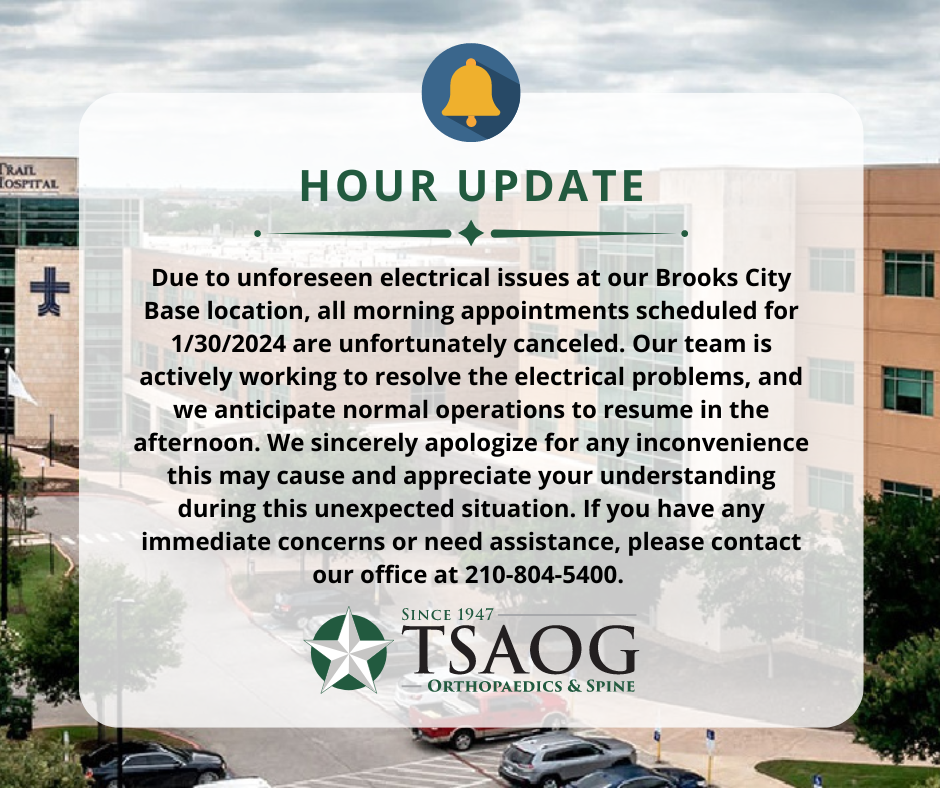Starting a career as a medical assistant is one of the fastest ways to enter the rewarding healthcare field, and Texas offers particularly accessible entry points for aspiring professionals. A little-known fact that could save you significant time and money: you do not have to be certified to work as a medical assistant in Texas. While traditional education programs leading to certification are available, TSAOG offers a more appealing option through on-the-job training. In this guide, we discuss the options available for launching a successful medical assistant career in the Lone Star State.
Is Certification Necessary For Medical Assistant Careers in Texas?
As we mentioned above, Texas does not have a state-specific licensing or certification requirement for medical assistants. This means you can legally work as a medical assistant in Texas without certification.
What Do Medical Assistants Do?
Medical assistants perform a wide range of clinical and administrative duties that help healthcare facilities run smoothly. At TSAOG, medical assistants take on essential roles that support both orthopedic physicians and physical therapists.
Clinical responsibilities for medical assistants typically include:
- Patient intake and assessment: Taking vital signs and recording patient histories with special attention to musculoskeletal conditions, pain levels, mobility limitations, and previous surgeries or injuries.
- Procedure support: Assisting orthopedic physicians during examinations, injections, casting, bracing procedures, and minor surgical interventions.
- Physical therapy coordination: Facilitating the transition between physician care and physical therapy sessions and helping maintain continuity of care within the integrated practice model.
- Diagnostic assistance: Preparing patients for diagnostic imaging (X-rays, MRIs), positioning patients correctly, and sometimes taking basic radiographs under proper training and supervision.
- Patient education: Explaining post-surgical care instructions, demonstrating proper use of assistive devices, and reinforcing rehabilitation protocols prescribed by both physicians and physical therapists.
On the administrative side, medical assistants handle:
- Specialized scheduling: Coordinating complex appointment sequences that might include surgical consultations, pre-operative assessments, surgical dates, post-operative checkups, and physical therapy session series.
- Insurance verification: Managing authorizations for surgical procedures, durable medical equipment, and physical therapy treatment plans, which require specific documentation in orthopedic care.
- Electronic health record management: Documenting across the integrated care system, making sure that physician notes, therapy progress, and patient outcomes are properly tracked in shared records.
- Equipment coordination: Managing inventory of specialized orthopedic supplies, braces, splints, and rehabilitation equipment used for medical and therapy services.
Why Become a Medical Assistant in Texas?
- Versatile skill set: Develop both clinical and administrative skills that are valuable across various healthcare settings.
- Direct patient care: Experience the satisfaction of helping patients directly while working alongside physicians and other healthcare providers.
- Career flexibility: Work in diverse settings, including hospitals, clinics, specialty practices, urgent care centers, and physician offices.
- Pathway to advancement: Use medical assisting as a foundation to explore other healthcare careers.
- No state certification required in Texas: Begin your career without mandatory state licensing, though certification can improve job prospects.
- Variety in daily work: Fulfill diverse responsibilities that combine clinical procedures, patient interaction, and office management.
- Competitive salary: Earn a solid wage with opportunities for increases based on experience and specialization.
- Work-life balance: Many positions offer regular daytime hours, though flexibility exists for those seeking evening or weekend schedules.
- Professional relationships: Build meaningful connections with healthcare teams in a collaborative environment.
- Immediate impact: See the direct results of your work in improving patient experiences and supporting healthcare delivery.
How to Become a Medical Assistant in Texas
There are two distinct paths to becoming a medical assistant in Texas:
Path 1: Traditional Certification Route
- Enroll in a specialized medical assistant education program
- Complete classroom training
- Gain hands-on experience through an externship or internship
- Obtain one of these nationally recognized certifications (optional): Certified Medical Assistant (CMA), National Certified Medical Assistant (NCMA), Registered Medical Assistant (RMA)
- Apply for jobs with your education and new credentials
Path 2: Direct Training with TSAOG
- Apply directly to TSAOG
- Receive comprehensive on-the-job training specifically designed for orthopedic and physical therapy settings
- Learn both clinical and administrative skills while earning a paycheck
- Gain specialized experience in orthopedic care that many certification programs don’t provide
- Build your career with an award-winning healthcare provider
While many employers prefer certification, TSAOG provides the training you need to succeed without requiring prior certification or extensive educational programs.
Explore Medical Assistant Careers in Texas with TSAOG
Why spend months in classrooms and thousands on education when you can learn through hands-on experience while earning a paycheck? At TSAOG, we provide comprehensive training for medical assistants that bypasses the traditional certification route, getting you into a rewarding healthcare career faster. You’ll learn to support both our physicians and physical therapists in delivering integrated care that makes a real difference in patients’ recovery journeys.
TSAOG’s welcoming, inclusive workplace has earned us recognition as one of San Antonio’s best employers year after year. Join our team and discover why medical assistants choose TSAOG for long-term career growth and professional satisfaction in a supportive environment.














